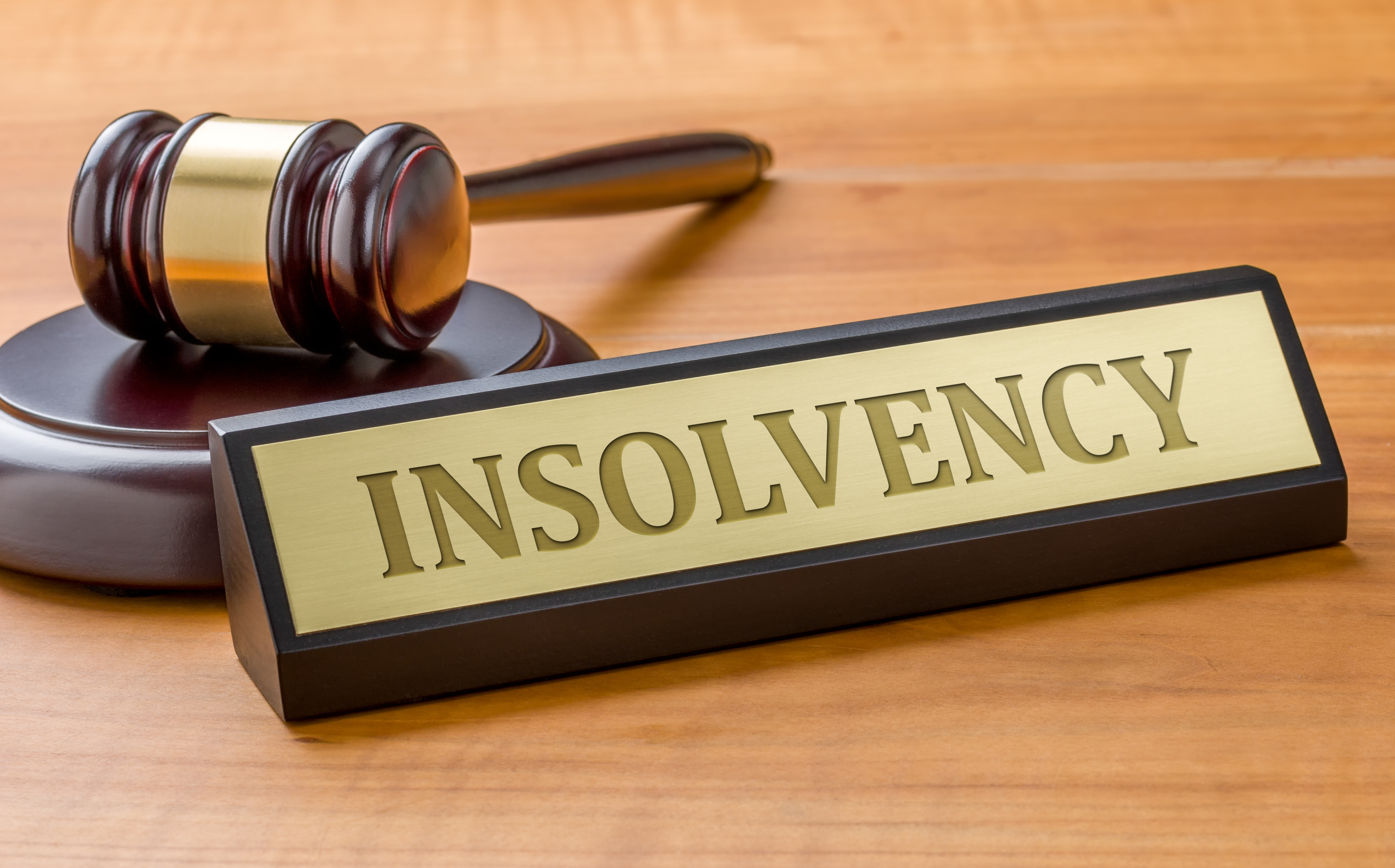Introduction
While wrongful trading and fraudulent trading are both unacceptable business practices during an insolvency process, one is a civil offence while the other is a criminal offence. Both can have serious implications for your business and your personal affairs, including prison time.To find out the differences between wrongful and fraudulent trading and how to avoid both during business insolvency, read on.
What is wrongful trading?
If you are a director of a UK company and allow it to continue trading when you know there is no reasonable prospect of avoiding insolvency, you can be held liable for the debts the company incurs.
Wrongful trading - sometimes referred to as ‘trading irresponsibly’ - is a civil offence, and can result in the directors being liable for the company’s fines and debts, and disqualification from being a company director for up to 15 years; you can read the legal details in Section 214 of the Insolvency Act 1986.
Wrongful trading only applies when a business is deemed no longer viable, and only becomes an offence once insolvency proceedings start; for example, liquidation or administration.
To avoid wrongful trading, it’s imperative that you act responsibly at all times in your business affairs – no matter the level of financial difficulty you may be experiencing. For the avoidance of all doubt, keep a record of all your actions. You never know when it may help you in the future to prove the absence of wrongful trading.
As a company director, it’s your responsibility to act with due care and attention throughout insolvency proceedings to avoid wrongful trading. You must always act in the best interests of your creditors - even if this means prioritising their needs above your own.
Examples of wrongful trading:
- Continuing to trade while insolvent
- Not filing annual returns or accounts with Companies House
- Repaying debts to connected creditors before other creditors
- Adding to existing debt
- Failing to pay PAYE
- Not correctly operating the VAT scheme
- Taking deposits from customers knowing the product or services cannot be delivered
- Taking credit from suppliers with no prospect of timely repayment
- Misusing factoring accounts
What is fraudulent trading?
A company is deemed to be trading fraudulently if it carries on its operations with the purpose of deceiving or defrauding creditors or customers. This is a criminal offence under section 214 of the Insolvency Act 1986. Though it is similar in many respects to wrongful trading, the key to whether trading is actually fraudulent is if the directors have intent behind their actions.
A director must knowingly make the decision to trade fraudulently, by deliberately defrauding creditors or customers. It can have very serious consequences for the directors involved.
Fraudulent trading can result in the directors being held responsible for the company’s debts, disqualification from being a company director for up to 15 years or even a potential jail sentence, as fraudulent trading is a criminal offence.
During any liquidation process, the appointed insolvency practitioner will investigate the conduct of the directors to see if they have acted within their responsibilities to do their best for the company and its creditors. Protect yourself from fraudulent trading by ceasing to trade as soon as you know the company has no chance of turning things around.

Examples of fraudulent trading:
- Continuing to trade when you know the business has no future
- Accepting lines of credit from suppliers
- Taking payment on credit from customers knowing orders cannot be fulfilled
- Attempting to maximise money coming into the business prior to liquidation
- Selling company assets at a price less than market value prior to liquidation
How to avoid wrongful and fraudulent trading?
To stay on the right side of the law, it’s important to communicate clearly with creditors and stakeholders to ensure that everyone is well informed of the situation. If you attend any meetings, ensure that you keep details notes to help deflect any future issues.
As with all cases of insolvency, it’s best to seek financial advice early from a professional; a licensed insolvency practitioner will be able to help you determine whether a business can continue to trade, assessing the viability of the business and taking into account your individual financial situation.
At McAlister & Co, we are experienced in business insolvency proceedings and can help you navigate this stressful time with diplomacy. Using a licensed practitioner can take some of the load off your shoulders, as well as supporting you through the minefield of business insolvency.
Conclusion
For a free, no-obligation chat with one of our experienced team, contact us today; we can talk through all your worries and work out a plan of action.

